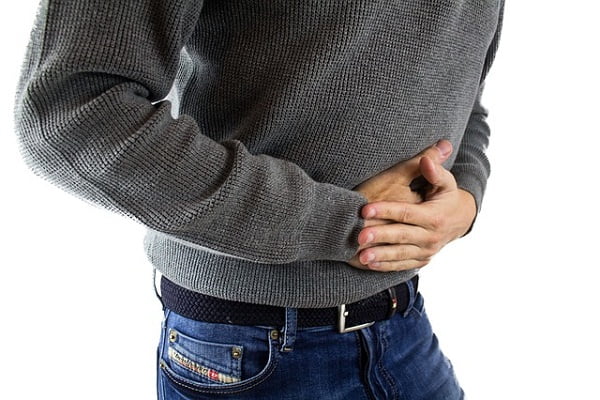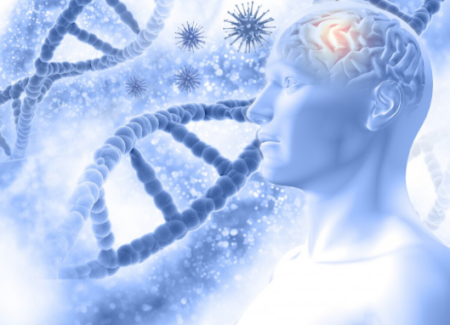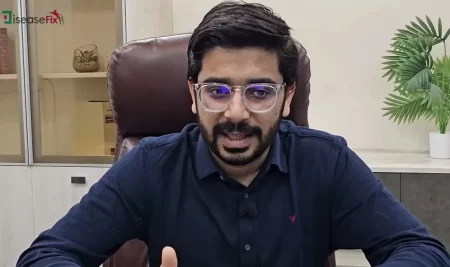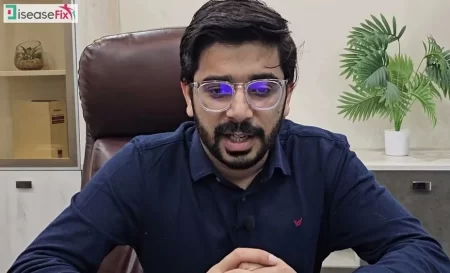Understanding and Managing Your IBS Pain
- Updated on: Jul 9, 2024
- 3 min Read
- Published on Apr 22, 2021


What is IBS (Irritable Bowel Syndrome)?
IBS or irritable bowel syndrome is also known as mucous colitis, spastic colon, irritable colon, and spastic colitis. The cause of irritable bowel syndrome isn’t well understood. Its diagnosis is generally made based on the symptoms.
The symptoms of IBS may vary from person to person. But, they typically last at least three months for at least three days per month.
What is IBS pain (Irritable Bowel Syndrome Pain)? What is IBS pain like?
IBS Pain, by the very definition, is the strongest symptom experienced by patients with irritable bowel syndrome (IBS). Most people with IBS experience continuous or frequent abdominal pain. Irritable bowel syndrome pain is generally accompanied with changes in your bowel movements such as diarrhea, constipation, etc.
See also: What You Should Know about Irritable Bowel Syndrome?
See also: Causes and Risk Factors of Irritable Bowel Syndrome
The IBS pain may get worse after eating, and relieved after a bowel movement. But, sometimes, the pain may become worse even after a bowel movement. You cannot always predict how the IBS pain may change over time. Irritable bowel syndrome pain may look like cramping, aching, sharp or throbbing, or stabbing.
With this cramping or stabbing pain, you can also experience:
- a change in frequency of your bowel movement
- changes in the texture of your stools
- IBS pain relief: you may see some relief in IBS pain after a bowel movement
IBS pain location, IBS pain areas, IBS pain on right side
While IBS pain can be felt in the entire abdomen (belly), but it is most often reported in the lower portion of the abdomen.
Irritable bowel syndrome pain most often occurs in either the lower right or lower left side. Some people may also experience upper right side abdominal pain without any other symptoms.
IBS stomach pain
IBS stomach pain is a common complaint for people afflicted with irritable bowel syndrome. It can cause bouts of stomach cramps, bloating, diarrhoea and/or constipation, and changes in how your stool looks like. IBS stomach pain may affect entire belly.
IBS back pain
Abdominal pain is a common symptom experienced by people living with irritable bowel syndrome. Some people even experience back pain, but the link between low back pain and IBS isn’t very clearly understood.
Some studies indicate the prevalence of back pain in people with IBS, where it is found that it is possible for the abdominal IBS pain to affect the back. The internal organs often refer pain to other location of the body. It is also possible for the back pain to be referred as a result of the IBS.
See also: How Do Doctors Diagnose Irritable Bowel Syndrome?
IBS pain relief: What helps IBS pain? How to treat IBS pain?
Here are some effective ways to help with IBS pain relief.
- Sometimes, doctors recommend antidepressants. The pain though isn’t in your head, but doctors believe that it may be the origin of your pain, in some cases. Studies have found that patients with severe abdominal pain due to IBS have significant depression and other psychological problems. Therefore, these medicines may benefit IBS patients.
- If your IBS pain is due to bowel dysfunction such as diarrhea or constipation, the symptoms are managed differently. Bowel movements are first set right to provide IBS pain relief.
- Increase more fiber in the diet for IBS pain relief.
- Avoiding foods that irritate your bowel
- Regular exercising
- Keep yourself well hydrated
- Reduce stress in life
- Acetaminophen helps in IBS pain relief
- Laxatives are given in constipation cases only. You should speak to your doctor before you sue them. It is better to avoid over the counter laxatives as they can cause bowel irritation.
- Anti-diarrheal medicines
- Avoid common pain medicines as they can irritate the stomach and can even cause more pain later
- Avoid narcotics
Treating IBS back pain, IBS pain relief in back
There isn’t a specific or single treatment for IBS back pain. Your doctor may recommend many of the treatments that can ease IBS symptoms and also ease back pain based on your individual condition. Sometimes, the back pain is because of some other problem and not the IBS.
If the back pain is due to abdominal bloating, gas, cramping, diarrhea, or constipation, he or she will first treat them. Complementary treatments such as acupuncture or specific exercises can also be helpful to ease symptoms of both back pain and IBS.
IBS pain should never be ignored. If you notice warning signs and symptoms of IBS, contact your doctor immediately. Don’t try to diagnose by yourself. Making healthy lifestyle changes such as eating a healthy diet and getting regular exercise will help improve the condition and keep you IBS pain-free.












